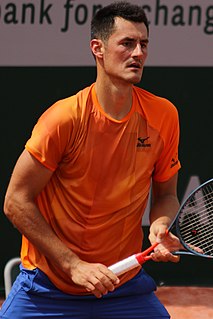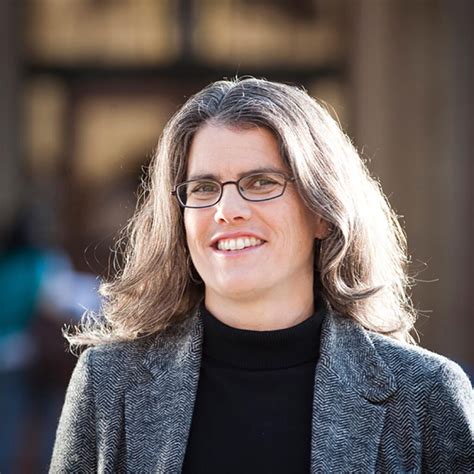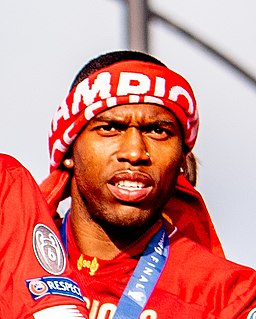A Quote by Theodore Zeldin
I think it's impossible to predict the future but it is possible to look at the past and see how one can do differently from what one's ancestors have done and learn from their mistakes, and one can see how even though there are enormous forces which stop one doing what one wants to, there are little holes in which the individual can do something.
Related Quotes
I have found that the many imbalances within our individual lives result in an overall more worldly balance. What I mean is that no matter how unfair I think something is, I need only look at the bigger picture to see how, in a way, it fits... however impossible it is to understand it or see it at the time.
The things to do are: the things that need doing: that you see need to be done, and that no one else seems to see need to be done. Then you will conceive your own way of doing that which needs to be done - that no one else has told you to do or how to do it. This will bring out the real you that often gets buried inside a character that has acquired a superficial array of behaviors induced or imposed by others on the individual.
We human beings have enormous difficulty in focusing on the present; we always thinking about what we did, about how we could have done it better.... or else we think about the future, about what we're going to do.... But at this precise moment, you also realize that you can change your future by bringing the past into the present. Past and future only exist in our mind. The present moment, though, is outside of time, it's Eternity.... It isn't what you did in the past the will affect the present. It's what you do in the present that will redeem the past and thereby change the future.
I remember standing on a street corner with the black painter Beauford Delaney down in the Village, waiting for the light to change, and he pointed down and said, 'Look.' I looked and all I saw was water. And he said, 'Look again,' which I did, and I saw oil on the water and the city reflected in the puddle. It was a great revelation to me. I can't explain it. He taught me how to see, and how to trust what I saw. Painters have often taught writers how to see. And once you've had that experience, you see differently.
I am grateful to learn from their mistakes, because I am not injecting s- into my face. I see them and my heart breaks. I think, 'Oh God, if you only know how much older you look.' They are trying to stop the clock and all you can see is an insecure person who won't let themselves just age. I also have a fiancé who will put a gun to my head if I touch my face in any way.
How we view ourselves can often determine the perspective and degree in which we see others and the world around us. Each and every one of us has a view. Such a view, that it can shape the future of others and how they live, dream and look towards the future that we all hope is better and more fruitful than our past. This I believe is a common initiative.
You can see the most beautiful things from the observation deck of the Empire State Building. I read somewhere that people on the street are supposed to look like ants, but that's not true. They look like little people. And the cars look like little cars. And even the buildings look little. It's like New York is a miniature replica of New York, which is nice, because you can see what it's really like, instead of how it feels when you're in the middle of it.
If you read Calvin, for example, he says, How do we know that we are godlike, in the image of God? Well, look at how brilliant we are. Look how we can solve problems even dreaming, which I think is true, which I've done myself. So instead of having an externalized model of reality with an objective structure, it has a model of reality that is basically continuously renegotiated in human perception. I think that view of things is pretty pervasively influential in Protestant thought.









































